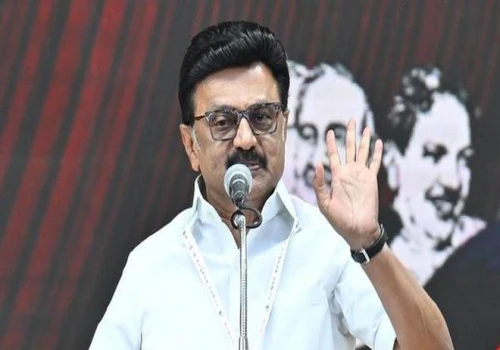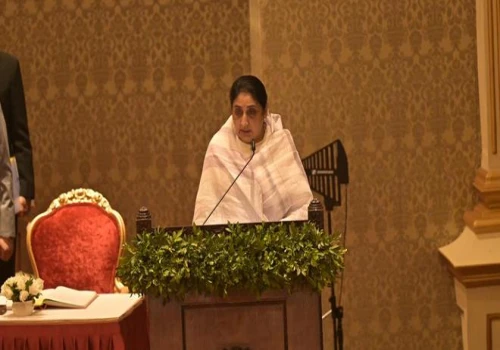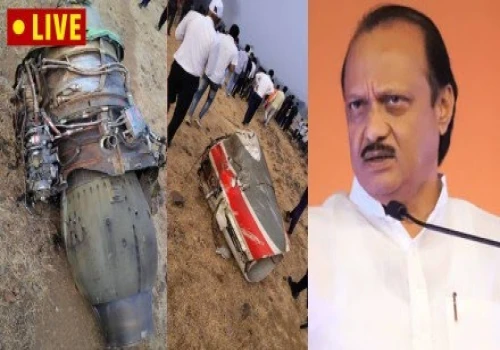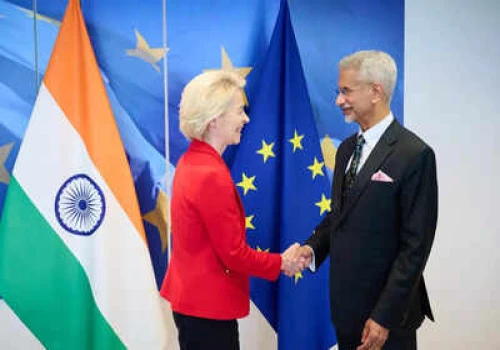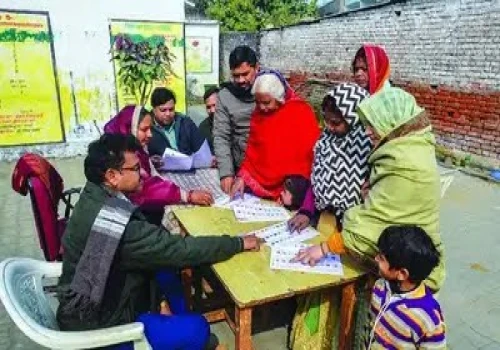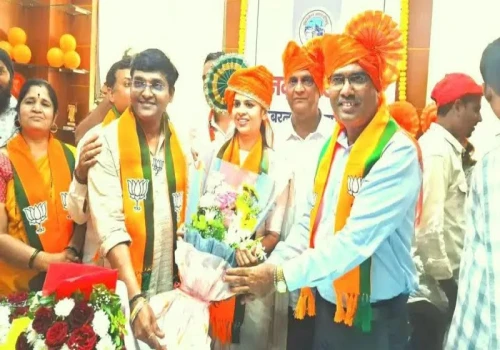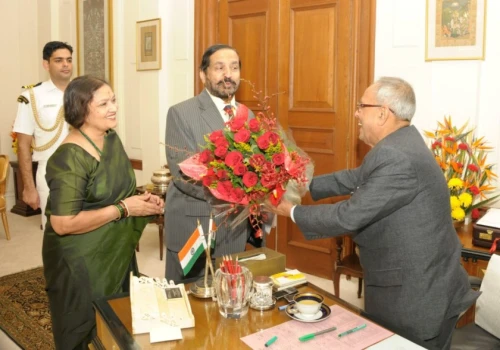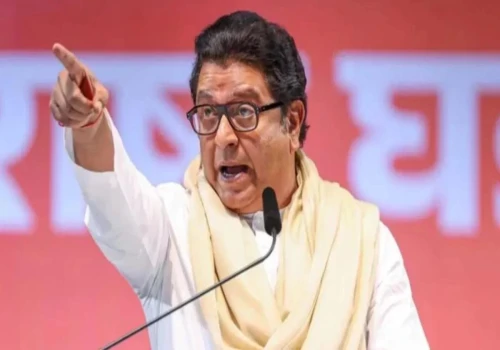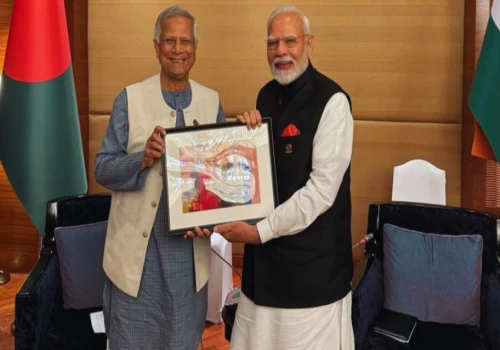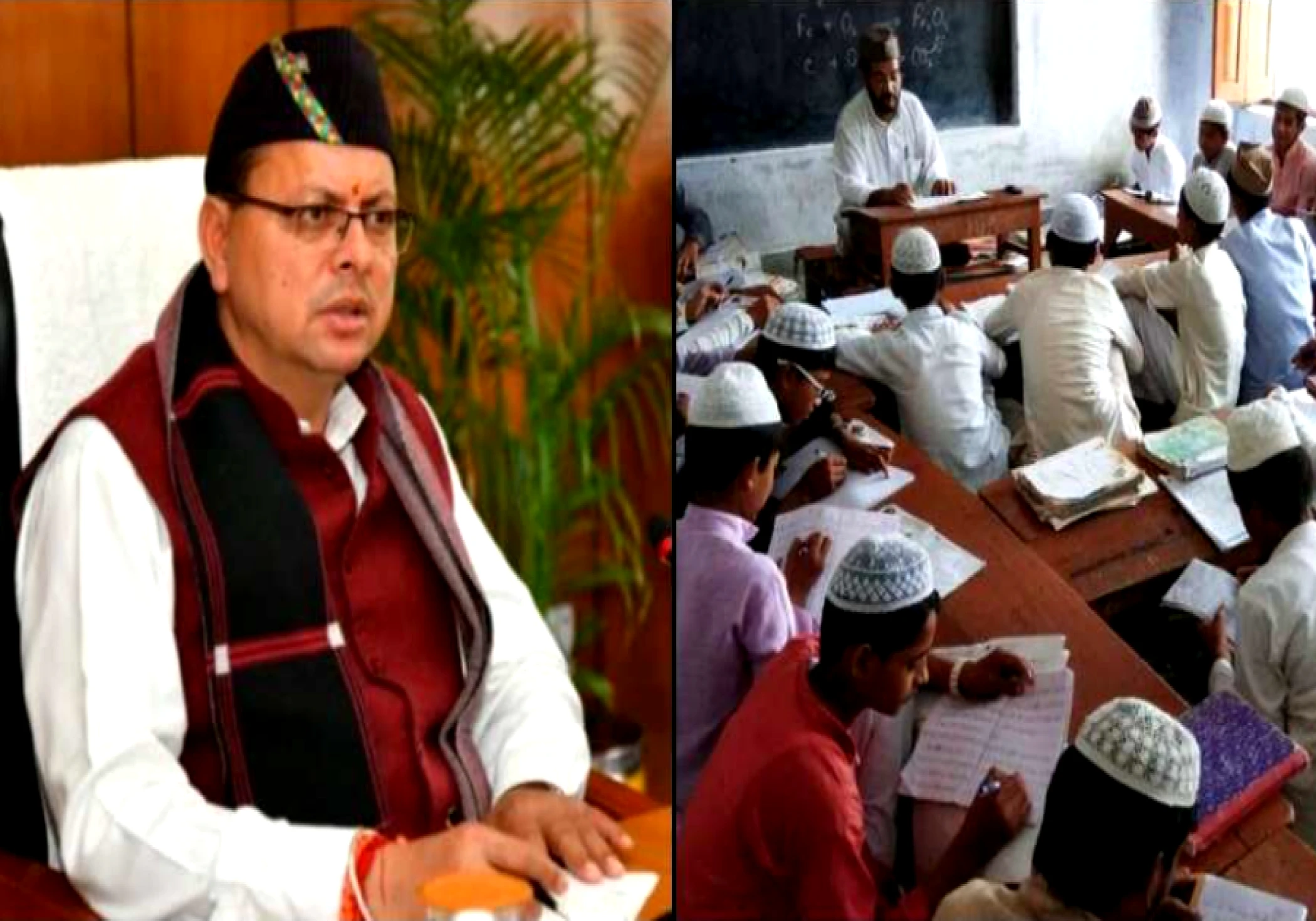
Dehradun: Following the consecration of the Shri Ram temple in Ayodhya, the narrative of Shri Ram is set to be incorporated into the curriculum of 117 madrasas operating under the Uttarakhand Waqf Board. The Waqf Board is implementing this change in the madrasa curriculum starting from the current academic session, and instructions have been issued to madrasa managers to ensure the proper execution of the courses.
Uttarakhand has a total of 415 madrasas, with 117 falling under the jurisdiction of the Uttarakhand Waqf Board. Additionally, the Waqf Board has previously decided to transform four madrasas into modern institutions, located in Dehradun, Udham Singh Nagar, Haridwar, and Nainital. These madrasas will adopt NCERT books in their curriculum, with a focus on prioritizing the Sanskrit subject.
The Waqf Board, following the consecration of the Ramlala idol, has now resolved to introduce Shri Ram Katha into the curriculum across all madrasas. Waqf Board Chairman Shadab Shams expressed the sentiment that while Muslims in India may have embraced changes, preserving the traditions of their ancestors remains a priority. He highlighted the efforts to modernize madrasas in alignment with the vision of a developed India, echoing Prime Minister Narendra Modi's commitment to providing both the Quran and laptops for students in madrasas.
The government is actively working to integrate madrasas into the mainstream, and there is a plan to name madrasas under the Waqf Board after former President APJ Abdul Kalam. The inclusion of Shri Ram Katha in the curriculum is aimed at fostering mutual brotherhood among students of different religions and castes. Shadab Shams also drew attention to Indonesia, where despite being a Muslim-majority country, people there worship Shri Ram as an ideal. He suggested that Indian Muslims could learn from Indonesia's example, emphasizing the values of keeping promises, promoting brotherhood as exemplified by Lakshman and encouraging patriotism as demonstrated by Maa Sita.

_270_x_189.webp)
_270_x_189.webp)
